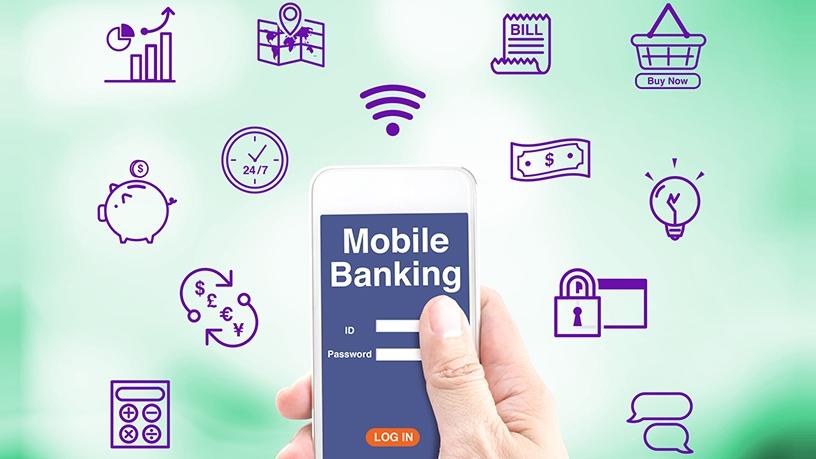
Sporadic downtime experienced by Capitec's digital banking platforms has caused the bank to lose the top spot as the best digital bank in SA.
According to Columinate's 2018 SITEisfaction report, Capitec's customers are most likely punishing the bank for the platform's occasional unavailability.
"This declining three-year trend may cost Capitec its reputation as a disruptor. This is a critical lesson for all institutions as it is imperative they create a stable infrastructure, with little to no breaks in service or platform interruptions," says Columinate co-founder and CEO Dr Henk Pretorius.
First National Bank (FNB) reclaimed its position as winner after it lost out to Capitec in last year's survey. FNB also claimed top spot in the best mobile banking and best Internet banking categories.
Pretorius notes FNB's win can largely be attributed to the consistent good experience across all of its digital channels, but also partially due to Capitec's sporadic platform inaccessibility.
"It is interesting to note FNB's rise in satisfaction levels was not as prominent as Capitec's decline in satisfaction levels. Its customers scored them slightly lower this year at 75, down from 78 in 2017, while Capitec marked a greater decline in Internet banking satisfaction due to this intermittent unavailability, dropping from 78 in 2017 to 70 in 2018."
Bronze medallist Nedbank rose nine points from 51 in 2017 to 60 in 2018, and Standard Bank improved from 51 to 55, while Absa leapt four points to 48 from a previous 44. This year, Nedbank and Absa received the highest scores in the category to date.
In its 2017 financial report, FNB CEO Jacques Celliers stated the number of customers using its banking app had increased almost 29% over the past year, growing from 1.4 million in June 2016, to just over 1.8 million in June 2017. He noted the adoption and adaptation of all forms of digital technology is boosting the business.
Head of banking app at FNB, Giuseppe Virgillito, says digital banking will remain a focus for the coming year.
"Digital banking remains a core strategic pillar for the bank, both from an enablement and convenience perspective. We will continue to reach important milestones in our digital migration journey as more customers become accustomed to our banking app, online and cellphone banking channels.
"Our customers not only appreciate a consistent user experience, but also getting access to a secure digital platform that allows them to effortlessly cater for their holistic banking needs."
Addressing the downtime
Capitec's executive head of information technology, Wim de Bruyn, says mobile app availability, rather than functionality, was the main cause of the downgrade in the survey. "We have little control over these connectivity and third-party supplier issues. For instance, if a municipality or cellphone network service provider is having issues, it has a knock-on on our client's experience.
"That said, we do take this very seriously and continuously invest in our systems to offer robust digital channels. We are continuously looking at ways to eliminate areas where problems out of our control have a knock-on on our clients."
The bank says it gains between 100 000 and 150 000 new clients per month, most of whom prefer to use the mobile app to do most of their banking.
"We are investing heavily in our digital channels' functionality, capacity and innovations. It is a critical channel for us. For instance, Masterpass is a big focus for us with its digital wallet, enabling our clients to pay without their card at any point of sale that offers Masterpass, Zapper or Snapscan as payment methods.
"We have also invested in a small company that focuses on machine learning, which we believe is a core capability for future digital platforms," he notes.
Cost to company
Kate Mollett, regional manager for South Africa at Veeam, a global disaster recovery specialist, says unavailability and downtime can have a significant impact on a brand's reputation, especially as customers want financial services platforms to always work as expected, no matter the time of day or device used to access them.
"In today's digital economy, customers demand that their financial institutions are always-on and banks should give their customers the confidence that they can deliver on their promise of being available instantly, without fail. According to our research, unplanned downtime costs organisations around the world an average of R270 million annually, up from the R210 million in 2016.
"And there are no signs of abating, with 87% of the global IT decision-makers surveyed expecting an increase in future costs of downtime or data loss. These losses are causing enterprises to face public scrutiny, in ways that cannot be measured by a balance sheet."
Mollett concludes that banks should simulate various scenarios, during peak times, to test infrastructure capacity so as to foresee future problems.
"Disaster can strike at any time. It is therefore imperative to conduct testing during peak load times to experience first-hand what will happen in the event of a disaster. This requires a different way of thinking and one that executives in the digital world need to start embracing."
Share